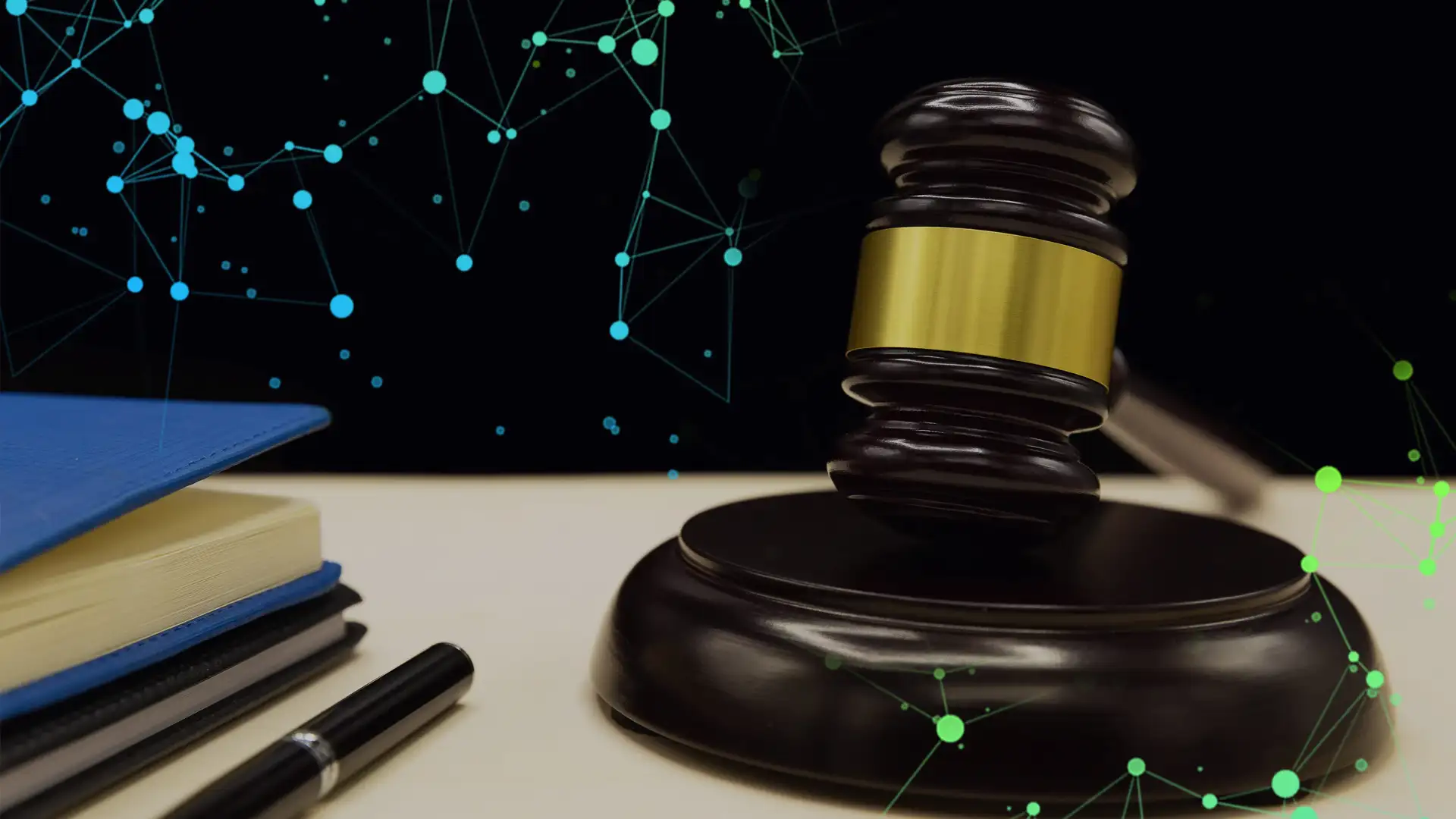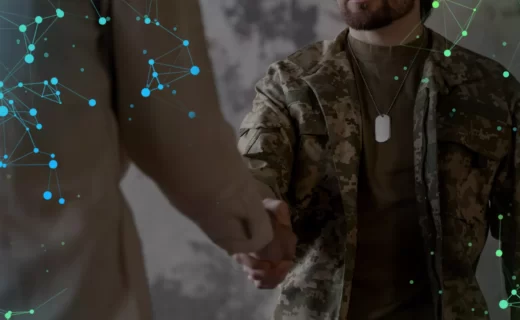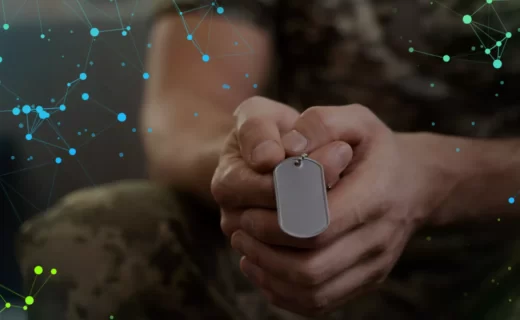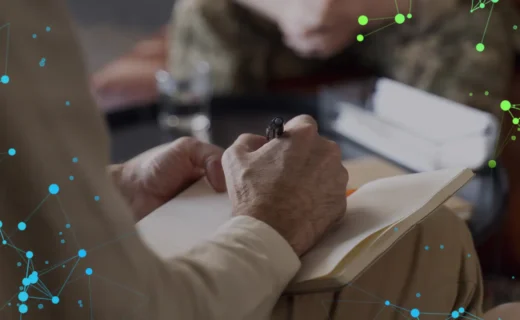Protection of Social Rights of Servicemen through the Court
Servicemen often face numerous social challenges, including issues related to social benefits, compensations, housing, and other aspects that directly impact their lives and well-being. When the rights of servicemen are violated or not fully realized, legal protection becomes necessary to restore justice. The courts provide the opportunity to consider such cases, ensuring a lawful way to resolve disputes and restore violated rights. Through effective legal protection, servicemen can obtain the social guarantees and support they are entitled to under the law.
The Importance of Social Protection for Servicemen to Ensure Their Rights and Decent Living Conditions
Social protection provides servicemen with access to benefits, compensations, and other types of support necessary for their well-being. This includes housing, medical care, monetary payments, and social benefits that directly affect their standard of living and stability.
Adequate social protection ensures that servicemen receive the necessary support that matches their needs and the risks associated with military service. It also contributes to the moral and psychological well-being of the personnel, which is an important factor in maintaining their effectiveness and motivation. Ensuring social rights helps maintain trust in the state and its institutions and promotes fair treatment of those who serve the country.
List of Basic Social Rights of Servicemen under Ukrainian Law
The social rights and guarantees for servicemen are defined by Ukrainian legislation, particularly the Law “On Military Duty and Military Service,” the Law “On Social and Legal Protection of Servicemen and Members of Their Families,” and the Constitution of Ukraine.
According to the law, such persons have the right to:
- monetary provision, including salary and various allowances;
- free and professional medical care in medical institutions of the Ministry of Defense and other health care facilities;
- quality, free education and advanced training in military educational institutions, as well as access to other educational opportunities under the Laws of Ukraine “On Higher Education” and “On Military Duty and Military Service”;
- housing provision or compensation for housing rental;
- pension provision for age, disability, or loss of a breadwinner;
- other social guarantees, including the right to leave, assistance in case of illness, life and health insurance, and social support in case of difficulties or emergencies.
Reasons for Violations of Servicemen’s Social Rights
Among the most common reasons for violations of servicemen’s social rights are:
- non-payment or delay of monetary provision;
- lack of medical care, cases of bureaucratic delays, or improper documentation of medical records;
- violation of housing rights;
- violation of education rights.
Preparation of Documents for Court Appeal
If a serviceman encounters situations that violate his social rights, it is better to address the conflict through the court. To ensure the correctness of document preparation and their compliance with all legal requirements, it is advisable to use the services of proven specialists. The lawyers at Dextra Law will provide professional consultations, help in drafting a claim, check all documents, and prepare a strategy for the court process.
The first step in filing a court appeal is gathering all the necessary documents and evidence proving the rights violation. These may include medical certificates, financial documents, correspondence with military or medical institutions, as well as any other materials confirming the validity of the claims.
Based on the collected evidence, a claim is drafted. It should clearly outline the circumstances of the case, the legal basis for the claim, and the demands to the court. It is important that the claim meets all the formal requirements set by legislation and court practices.
The Importance of Timely Legal Assistance for Successful Case Resolution
Timely legal assistance is critically important for the successful resolution of legal cases, particularly in cases of violations of servicemen’s social rights. Early intervention by specialists allows:
- correct assessment of the situation, determination of legal risks and possibilities for rights protection, avoiding mistakes in the subsequent process;
- preparation of documents according to legal requirements, which will increase the chances of a positive outcome;
- avoiding bureaucratic delays and procedural errors;
- developing a clear defense strategy, adapting it to the specific circumstances of the case and possible changes in the process;
- receiving support and representation in court, which significantly affects the case’s outcome.
Main Stages of the Court Process
- Filing a claim. It should contain a clear outline of the case circumstances, the legal basis for the claim, and the demands to the court. It is important that all documents are correctly formatted and meet legal requirements.
- Case review in court. At this stage, a preliminary hearing is held to decide on the admissibility of the claim, its validity, and the order of the further process. If the case is not resolved at the preliminary hearing, main court hearings are held, where the parties, their explanations, and arguments are heard.
- Presentation of evidence. During the case review, the parties present their evidence to the court: documents, witness testimonies, expert opinions, and other materials supporting the parties’ positions. The court evaluates this evidence to determine whether there are sufficient grounds to satisfy the claim or make another decision.
Typical Arguments and Evidence for Defending Servicemen’s Rights in Court
To confirm the facts of rights violations and ensure the claim’s validity in court, the following will help:
- official documents such as orders, directives, protocols, letters, or other written confirmations indicating non-fulfillment of duties or rights violations;
- medical certificates, doctors’ conclusions, or results of medical examinations if the case concerns lack of medical care or health issues;
- payment documents, bank statements, or any other financial documents confirming the fact of non-payment or delay of payments.
In addition to documents, important are:
- witness testimonies;
- photos and videos;
- expert conclusions;
- correspondence and communications.
Order of Execution of Court Decisions on Restoring Servicemen’s Social Rights
After the court decision, the court issues a decree or ruling that must be received by the parties. This decision must be documented and signed by the judge. The court decision is then sent to the relevant state bodies or military institutions responsible for executing the decisions (military commissariats, administrative bodies, or financial institutions).
Servicemen whose rights have been restored by the court receive the necessary documents confirming the decision’s execution. These can be orders for compensation payments, decisions on housing provision, or medical services, etc. If necessary, changes are made to the servicemen’s records. For example, entries in military books are corrected, and data in social security systems are updated.
To ensure the proper execution of the court decision, control is exercised by legal consultants or lawyers. Dextra Law legal experts monitor the execution of the decision, identify possible delays or violations, and take measures to eliminate them. If the decision is not executed timely or properly, a complaint can be filed to the court, or an appeal to the control bodies for the compulsory execution of the decision.
Dextra Law provides comprehensive legal support for servicemen facing violations of their social rights. We offer professional assistance at every stage of the legal process: from document preparation to court case support. Contact Dextra Law today for professional consultation and assistance in protecting your social rights. Do not leave your rights unattended – trust the experts for the successful resolution of your case.




